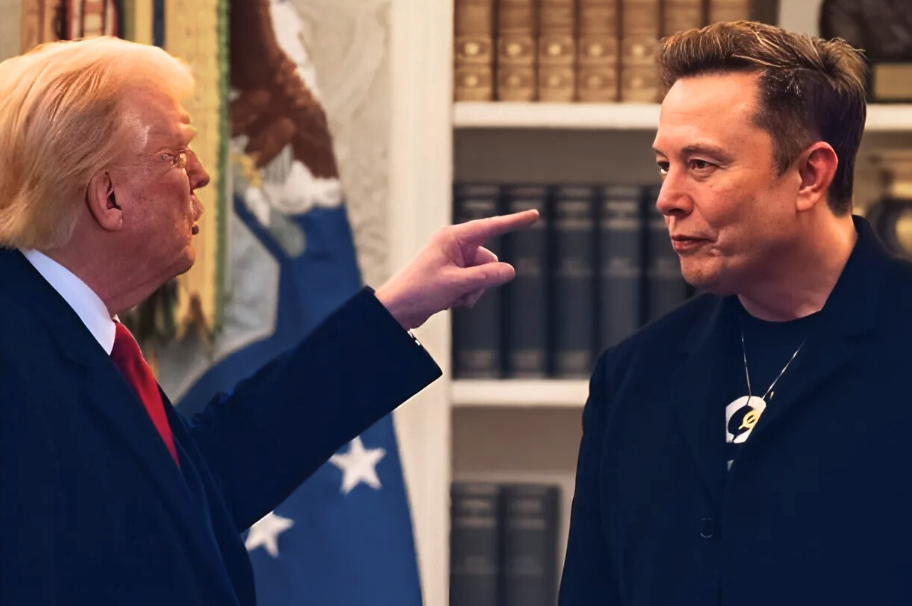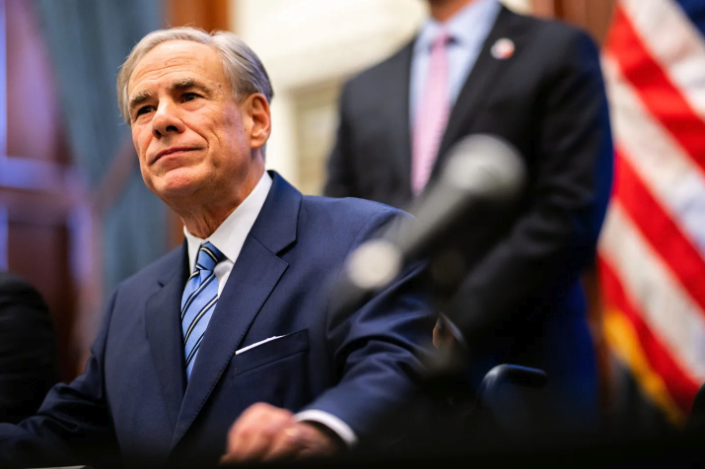Trump administration proposes $10,000 per Greenlander to annex island, faces strong opposition

President Donald Trump’s interest in Greenland dates back to 2019, during his first term, when he floated the idea of purchasing the island, a proposal swiftly dismissed by Danish Prime Minister Mette Frederiksen as “absurd.”
Despite initial resistance, Trump has continued to prioritize Greenland, viewing it as strategically vital for national and international security.
Recent reports indicate this interest has evolved into an official U.S. policy, with concrete steps now being taken.
Details of the Proposal
According to The New York Times (Trump’s Plan to ‘Get’ Greenland), the plan involves offering approximately $10,000 per resident annually, aiming to replace the $600 million in subsidies Greenland currently receives from Denmark, which covers up to 60% of the island’s budget.
This financial incentive is part of a broader strategy to persuade Greenland’s 57,000 residents, focusing on economic benefits.
The policy has moved beyond rhetoric, with the National Security Council holding several meetings to advance the initiative.
Multiple cabinet departments are involved, and specific instructions have been sent to relevant government offices.
An administration official told The New York Times that the approach prioritizes persuasion over coercion, with military options not seriously considered, emphasizing diplomatic and financial strategies.
| Aspect | Details |
|---|---|
| Financial Incentives | ~$10,000 annually per Greenlander, replacing Denmark’s $600 million subsidies. |
| Policy Development | Involves multiple cabinet departments, NSC met multiple times, sent specific instructions. |
| Approach | Focus on persuasion, not coercion; military options not seriously considered. |
| Cost Analysis | Includes providing government services for ~60,000 residents, offset by potential resource revenue. |
| Resource Potential | Rare earth minerals, copper, gold, uranium, oil, believed to offset administration costs. |
The White House budget office is also estimating potential revenue from Greenland’s natural resources, such as rare earth minerals, copper, gold, uranium, and oil, with officials believing that extraction could offset the costs of administering the territory.
This analysis is crucial, given the financial implications of annexing a remote and sparsely populated region.
Official U.S. Statements
President Trump has been vocal about his intentions, stating in a recent address to Congress, “We need Greenland for national security and even international security, and we’re working with everybody involved to try and get it.
One way or the other, we’re going to get it.” National Security Council spokesman Brian Hughes reinforced this, saying, “President Trump believes Greenland is a strategically important location, and is confident Greenlanders would be better served protected by the United States from modern threats in the Arctic region.”
Vice President J.D. Vance, during a visit to Greenland’s Pituffik Space Base on March 28, 2025, emphasized the strategic importance, noting, “The story of Greenland over the past 20 years when it comes to security is that we’ve underinvested in the infrastructure.”
Vance’s visit, initially planned to include cultural engagements by his wife Usha Vance, was altered due to protests and political tensions, with the White House citing logistical concerns and Greenland’s ongoing government formation, according to CNN (Vance’s Greenland Trip Amid Trump’s Plans).
Reactions from Greenland and Denmark
Greenland’s response has been overwhelmingly negative.
Prime Minister Jens-Frederik Nielsen, sworn in on April 4, 2025, declared, “The United States will not get it. We do not belong to anyone else. We decide our own future,” reflecting strong opposition among residents.
Recent elections saw opposition parties favoring independence from Denmark, with some open to closer U.S. ties, but not annexation, indicating a complex political landscape.
Denmark has also pushed back firmly. Foreign Minister Lars Løkke Rasmussen criticized the U.S. approach, stating, “We agree that status quo in the Arctic is not an option. So let’s talk about how we can fix it – together.”
Prime Minister Mette Frederiksen condemned the U.S. “pressure and threats,” arguing, “You cannot annex another country, not even with an argument about international security,” highlighting potential damage to post-World War II alliances.
Strategic and Economic Implications
Greenland’s strategic importance lies in its vast natural resources and Arctic location, increasingly accessible due to climate change.
The island’s rare earth minerals are critical for technology, and its potential for oil and gas extraction has attracted global interest.
However, annexing Greenland would require the consent of both Greenlandic and Danish governments, given its semi-autonomous status within the Kingdom of Denmark, and faces significant legal and diplomatic hurdles under international law.
The financial analysis suggests that while costs could be high, revenue from resource extraction might offset them.
Yet, the feasibility remains uncertain, with Denmark subsidizing Greenland’s defense and foreign policy, complicating any transition.
Public relations efforts, including advertising and social media campaigns, are being used to sway Greenlanders, with Trump posting a 90-second video on X celebrating U.S. troops’ WWII role (X post).
Recent Developments and Controversy
Vance’s visit to Pituffik Space Base in late March 2025 sparked controversy, initially planned for cultural visits but changed due to protests and political tensions.
CNN reported that the White House denied protest influence, citing logistical concerns and Greenland’s government formation (Vance’s Greenland Trip Amid Trump’s Plans).
This visit underscored U.S. efforts to highlight security underinvestment, but also highlighted tensions with local and Danish authorities.
The Trump administration’s plan to annex Greenland through financial incentives is a bold and controversial move, met with strong opposition from Greenland and Denmark.
While the U.S. sees strategic and economic benefits, the path forward is fraught with legal, diplomatic, and political challenges.
The international community watches closely, with potential implications for Arctic security and U.S.-Denmark relations.















